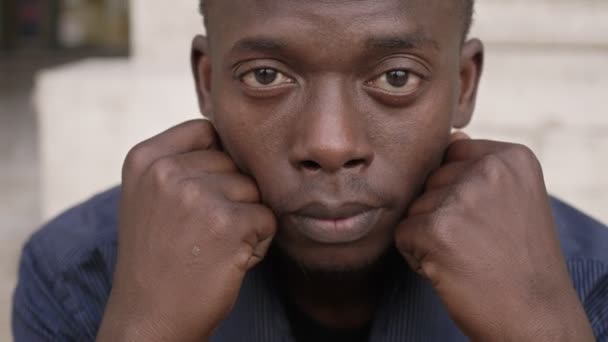In many African countries, formal business education is still a luxury, not a standard. The “hustle economy” is the real MBA for most. Think of the Mama Ntembas in Malawi, the Jua Kali artisans in Kenya, the market women in Nigeria, or the informal traders in South Africa. These people didn’t wait for a diploma—they learned by doing.
In fact, waiting for “experience” has paralyzed many potential businesspeople. Fear of failure has kept ideas buried. But here’s a thought: what if experience isn’t the entry ticket, but the result of trying?
Africa’s Business Giants: From Ground Zero to Glory
Take Aliko Dangote, Africa’s richest man. His first business, selling cement, sugar and salt, wasn’t born from a business degree. He borrowed $3,000 from his uncle and got to work. The rest is history.
Think of Strive Masiyiwa, who started Econet Wireless from scratch despite regulatory barriers and inexperience in telecom.
Even smaller, everyday examples prove the point. In Malawi, a young man starts roasting maize by the roadside. He reinvests slowly. One year later, he owns a bicycle and sells in multiple markets. Was he experienced when he began? Not at all. But his will to start taught him all he needed.
So, What Do You Really Need?
If you’re sitting somewhere in Africa with no job, no experience, and just a dream, here’s your checklist for starting a business anyway:
1. A Willingness to Learn
Experience comes from action. Don’t know how to bake? Watch YouTube. Don’t understand marketing? Start with your WhatsApp status. Don’t know bookkeeping? Ask your local shop owner or use free apps.
Learning doesn’t need a classroom anymore. Data is cheaper than ever. Free courses are everywhere. Seek out mentors. Attend local business events—even church or community groups can connect you with doers.
2. Start Small, Fail Smart
Africa doesn’t often forgive big business mistakes—especially when capital is tight. So start small. Test your idea. If it fails, adapt.
Want to open a poultry business? Start with five chickens, not five hundred. Want to sell clothes? Start with five second-hand shirts from Mchesi or Owino, not a boutique at the mall. Learn how your market behaves, then grow.
3. Use What You Have
You may not have experience, but you have relationships. Your village cousin who knows farming, your aunt who knows baking, your friend who’s good at TikTok—partner, barter, or ask for help.
Use your mobile phone. In Africa, that phone is your office, your bank, and your marketing tool.
Use your environment. Can you collect recyclable plastics? Can you turn cassava into chips? Can you provide Wi-Fi at a fee in your area?
4. Solve a Local Problem
Many Africans start businesses by copying others: “I saw people making money selling chips, so I started too.” But copying kills creativity.
Instead, solve a problem.
- Is your community struggling with poor water access? Can you sell water by the drum?
- Is electricity unreliable? Can you rent out power banks?
- Do people have to walk far to grind maize? Can you bring a mill closer?
If you solve a pain point, you won’t need experience. The need itself will teach you.
5. Build Character First
In Africa, your name is more powerful than your CV. A trustworthy, consistent, respectful businessperson will beat an “experienced but arrogant” one any day.
Your first customers will be neighbors, church mates, former classmates. They must trust you. If you say you’ll deliver, do it. If you borrow capital, repay. These values are your experience.
Turning “No Experience” Into an Advantage
Not having experience actually means you’re flexible. You’re not stuck in theory. You’re more likely to listen, to pivot, to hustle harder.
Many experienced people think they know too much. They become rigid. You? You’re a blank slate. That’s an advantage.
In Africa’s fast-changing, unpredictable markets, adaptability beats experience.
Real Challenges, But Not Roadblocks
Of course, starting without experience has risks:
- You might price your product wrongly.
- You may get scammed.
- You might not understand supply chain issues.
But these are temporary mistakes, not permanent failures. Every challenge becomes your education. Your second attempt will be smarter.
The Verdict: Start Now, Learn On The Go
So back to our question: Is it possible to start a business with no experience?
Absolutely. In fact, for many Africans, it’s the only way.
The informal economy thrives on people who wake up one day and decide to try. Whether it’s selling tomatoes, tailoring, creating online content, welding, fish farming, or mobile money agency work—you learn as you go.
Don’t wait to be ready. Start to get ready.
The road won’t be easy, but it will be yours.
Conclusion.
Africa is a land of untapped potential. If we all waited to have “experience” before we tried, nothing would move. The continent is built by doers, not doubters. So if you have no experience but a burning idea, you already have something most people don’t: courage.
And in Africa, that’s the most valuable startup capital there is.
